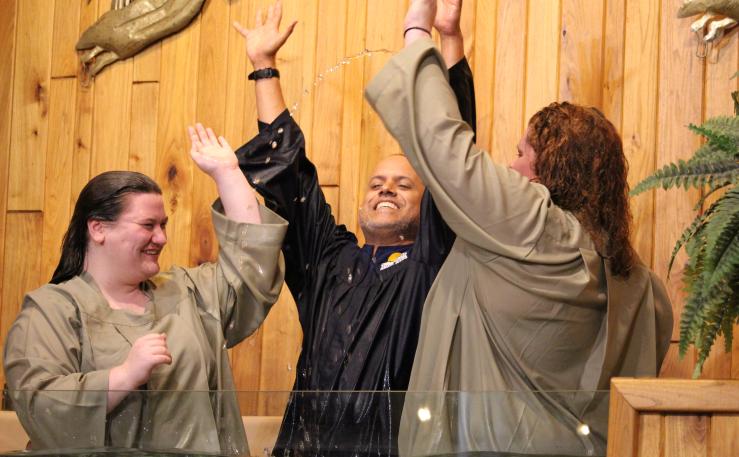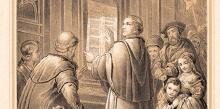Editorial by Dave Weigley
This year marks 500 years since Martin Luther posted his 95 Theses on the Castle Church door in Wittenberg, Germany (Oct. 31, 1517), challenging the established religious beliefs and practices of his denomination, and launching the Protestant Reformation. Conscientiously, he could not reconcile church practices with biblical teachings as he understood them.
Four years later, when summoned by church authorities to recant his teachings, he uttered: “I cannot and I will not retract, for it is unsafe for a Christian to speak against his conscience. Here I stand, I can do no other; may God help me? Amen” (Merle d’Aubigne, History of the Reformation in the 16th Century, b. 7, ch. 8, cited in The Great Controversy, p. 160.2).








 Story by Jerry Woods
Story by Jerry Woods
